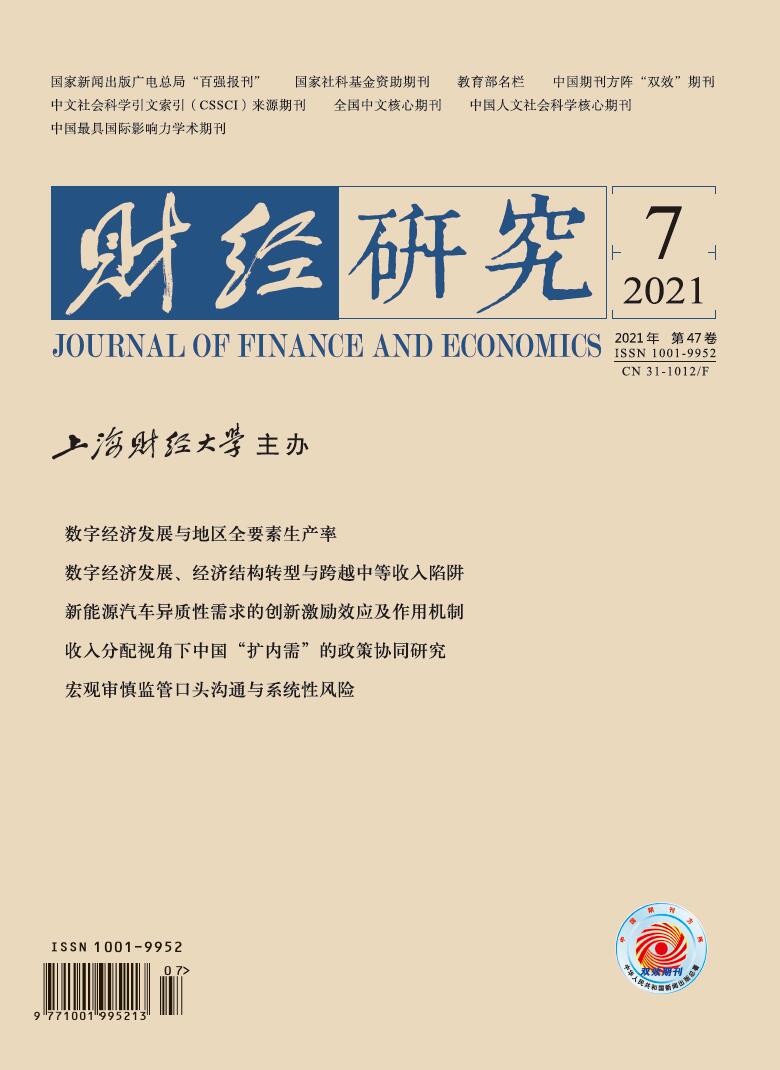International investment protection is defined as the behavior of host country to take various policy measures to limit foreign investment. It has intensified with the outbreak of the global financial crisis in 2008 and is likely to deteriorate further in COVID-19’s uncertain impact on the global economy. Due to targeted restrictions, Chinese multinational enterprises have become the biggest victims of international investment protection behavior, which affects the normal operation of overseas subsidiaries. Corporate social responsibility is one of the means for the host country to restrict the entry of foreign capital, and has become the main form of international investment protection, which makes Chinese enterprises face greater social responsibility risks in foreign direct investment. In this context, to deal with international investment protection has become an urgent task to enhance the security of Chinese enterprises’ foreign direct investment.
This paper attempts to study whether the promotion of social responsibility can help Chinese multinational enterprises to cope with international investment protection. By matching multiple databases to carry out the empirical research, we find that the promotion of corporate social responsibility can not only directly increase the performance of overseas subsidiaries, but also indirectly deal with the adverse impact of international investment protection on the performance of overseas subsidiaries. However, the response effect is also heterogeneous, and the promotion of social responsibility of state-owned enterprises can cope with international investment protection, while non-state-owned enterprises do not have such effect; the improvement of corporate social responsibility helps developed country subsidiaries to deal with international investment protection, while developing country subsidiaries do not have this effect. In addition, we also find that the transmission mechanism of improving social responsibility in response to international investment protection is to increase the number of executives with overseas background and inhibit executives’ overconfidence. Therefore, business departments and multinational enterprises should attach importance to and strengthen the implementation of social responsibility strategy in the management practice of overseas subsidiaries.
The academic value of this paper is mainly reflected in three aspects: First, it broadens the scope of the positive impact of corporate social responsibility from the dimension of replying to international investment protection. Second, it provides micro level evidence for emerging market countries’ multinational enterprises to enhance their social responsibility to overcome the adverse international economic and political environment. Third, it expands the understanding of the correlation between the characteristics of parent company and the performance of overseas subsidiaries with corporate social responsibility as the link.






 6364
6364  6153
6153

